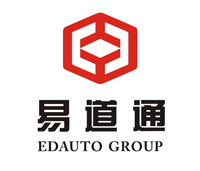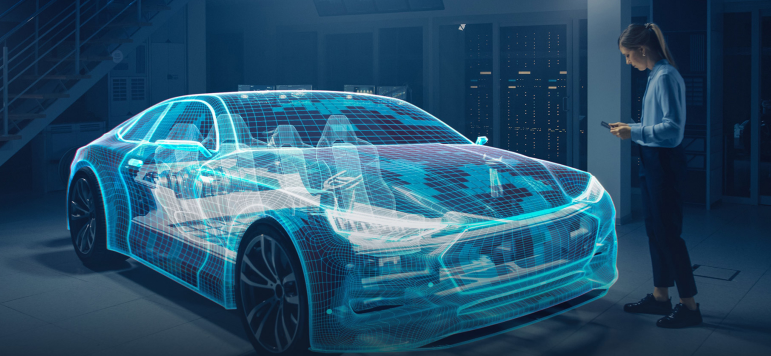Fierce price wars continue to shake up the domestic automobile market, and "going out" and "going global" remain the unswerving focus of Chinese automobile manufacturers. The global automotive landscape is undergoing unprecedented changes, especially with the rise of new energy vehicles (NEVs). This transformation is not only a trend, but also a major evolution of the industry, and Chinese companies are at the forefront of this change.
The emergence of new energy vehicle companies, power battery companies, and various technology companies has pushed China's automobile industry into a new era. Industry leaders such as BYD, Great Wall and Chery are leveraging their extensive experience in domestic markets to make ambitious international investments. Their goal is to showcase their innovation and capabilities on the global stage and open a new chapter for Chinese automobiles.
Great Wall Motors is actively engaged in overseas ecological expansion, while Chery Automobile is conducting strategic layout around the world. Leapmotor broke away from the traditional model and created an original "reverse joint venture" model, which opened up a new model for Chinese automobile companies to enter the international market with a lighter asset structure. Leapmo International is a joint venture between Stellantis Group and Leapmotor. It is headquartered in Amsterdam and is led by Xin Tianshu of the Stellantis Group China management team. This innovative structure allows for greater flexibility in responding to market needs while minimizing financial risk.
Leapao International has ambitious plans to expand its sales outlets in Europe to 200 by the end of this year. In addition, the company is also preparing to enter the Indian, Asia-Pacific, Middle East, Africa and South American markets starting from the fourth quarter of this year. The aggressive expansion strategy highlights Chinese automakers' growing confidence in their global competitiveness, especially in the booming new energy vehicle sector.
Driven by a variety of factors, the rapid development of new energy vehicles has attracted great attention from countries around the world. Governments around the world are implementing policies to combat environmental pollution and address the energy crisis, leading to a surge in the adoption of new energy vehicles. Measures such as car purchase subsidies, tax exemptions, and charging infrastructure construction have effectively catalyzed the growth of this market. Demand for new energy vehicles continues to grow as consumers become increasingly aware of environmental issues and seek energy-efficient travel options.
The new energy vehicle market is characterized by rapid growth and diversification. Battery electric vehicles (BEV), plug-in hybrid electric vehicles (PHEV) and hydrogen fuel cell vehicles (FCEV) are becoming mainstream alternatives to traditional fuel vehicles. The technological innovations driving these vehicles are critical to sustainable development as they not only improve performance, but also safety and user experience. The consumer groups of new energy vehicles are also constantly changing, with both young and old people becoming important market segments.
In addition, the shift in travel modes to L4 Robotaxi and Robobus services, coupled with the increasing emphasis on shared travel, is reshaping the automotive landscape. This change reflects the general trend of the continuous extension of the new energy vehicle value chain and the increasing shift of profit distribution from manufacturing to the service industry. With the development of intelligent transportation systems, the integration of people, vehicles and urban life has become more seamless, further enhancing the appeal of new energy vehicles.
However, the rapid expansion of the new energy vehicle market also faces challenges. Data security risks have become a critical issue, giving rise to new market segments focused on protecting consumer information and ensuring the integrity of connected vehicle systems. As automakers navigate these complexities, a focus on technological innovation and consumer trust is critical to continued growth.
To sum up, the global automobile industry is at a critical moment, and Chinese automobile companies are leading the era of new energy vehicles. The combination of an aggressive international expansion strategy, supportive government policies, and a growing consumer base enables Chinese companies to thrive in a changing environment. The future of Chinese cars on the global stage looks promising as Chinese cars continue to innovate and adapt, heralding a new era of sustainable, efficient transportation solutions.
Post time: Sep-26-2024



